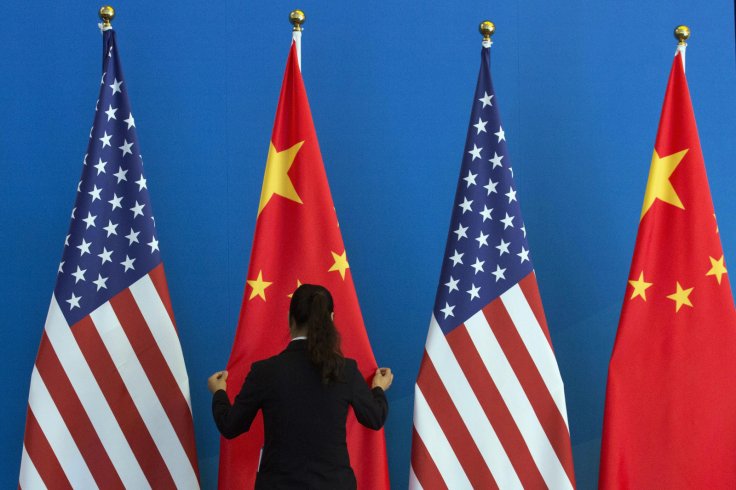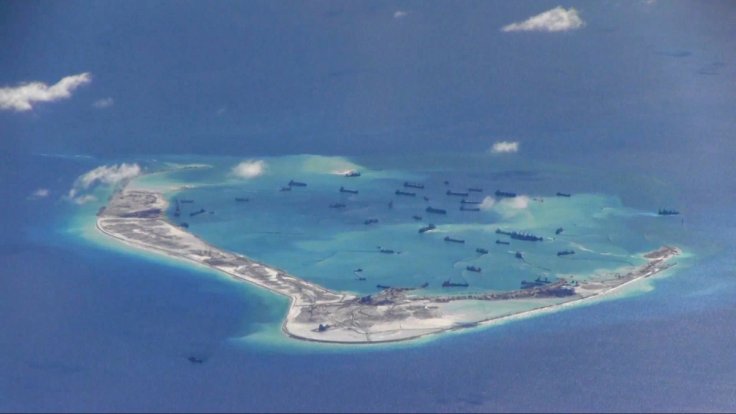
China on Monday, November 18 warned the US military from "flexing muscles" in the South China Sea in a statement that indicates growing concerns about Taiwan-US relations in the disputed region. The statement came a day after US said Beijing was "increasingly resorting to coercion and intimidation to advance its strategic objectives" in the region.
Chinese Defense Minister Wei Fenghe during defence talks in Bangkok called on US Defense Secretary Mark Esper to "stop flexing muscles in the South China Sea and to not provoke and escalate tensions," Defense Ministry spokesman Wu Qian was quoted as saying by Reuters.
During a telephone conversation with Esper earlier this month, Wei had called for military relations between the two countries to be based on mutually beneficial cooperation. "The two sides should ... continue to advance military-to-military relations to make them a pillar of stability in bilateral relations," he said.
While not much information has been released about what all was discussed in the phone conversation between the two defence chiefs, Wei had made a "strategic pledge to support peace, stability and cooperation in the Asia-Pacific region" at a security forum in Beijing on November 4.

Tensions between China and Taiwan increased after Beijing asserted that the province came under its "One China" policy and sacred territory. In July, Beijing said that it is "ready to go to war" if people "try to split Taiwan from the country". China has denounced the $8 billion sale of F-16 fighter jets to Taiwan in August and warned of 'countermeasures' accusing the US of harming bilateral relations, peace and stability in the Taiwan Strait.
China has expanded its military capabilities by deploying a large number of intermediate-range missiles on the South China Sea that has disturbed the Indo-Pacific region's geopolitical security. Vietnam and Australia have voiced "serious concerns" about military and land reclamation developments in the contentious strategic region at a meeting in Hanoi in August. Vietnam has demanded China to withdraw its vessels including survey ships from the disputed Vietnam-controlled Spratly Islands, which is also claimed by China.
Relations between Vietnam and China have deteriorated due to a dispute over the "nine-dash line," a large expanse of land of the East Sea that includes Vietnam's energy-rich waters, particularly oil, in its continental shelf. The region also offers strategic leverage to the world sea trade route.
The United States had said that China's interests in oil and gas activities through deployed vessels in the disputed waters in Vietnam was an "an escalation by Beijing in its efforts to intimidate other claimants out of developing resources in the South China Sea." The State Department stated that China's actions not only undermine regional peace and security but also blocks economic access to Southeast Asian states on an estimated $2.5 trillion in unexploited hydrocarbon resources.









